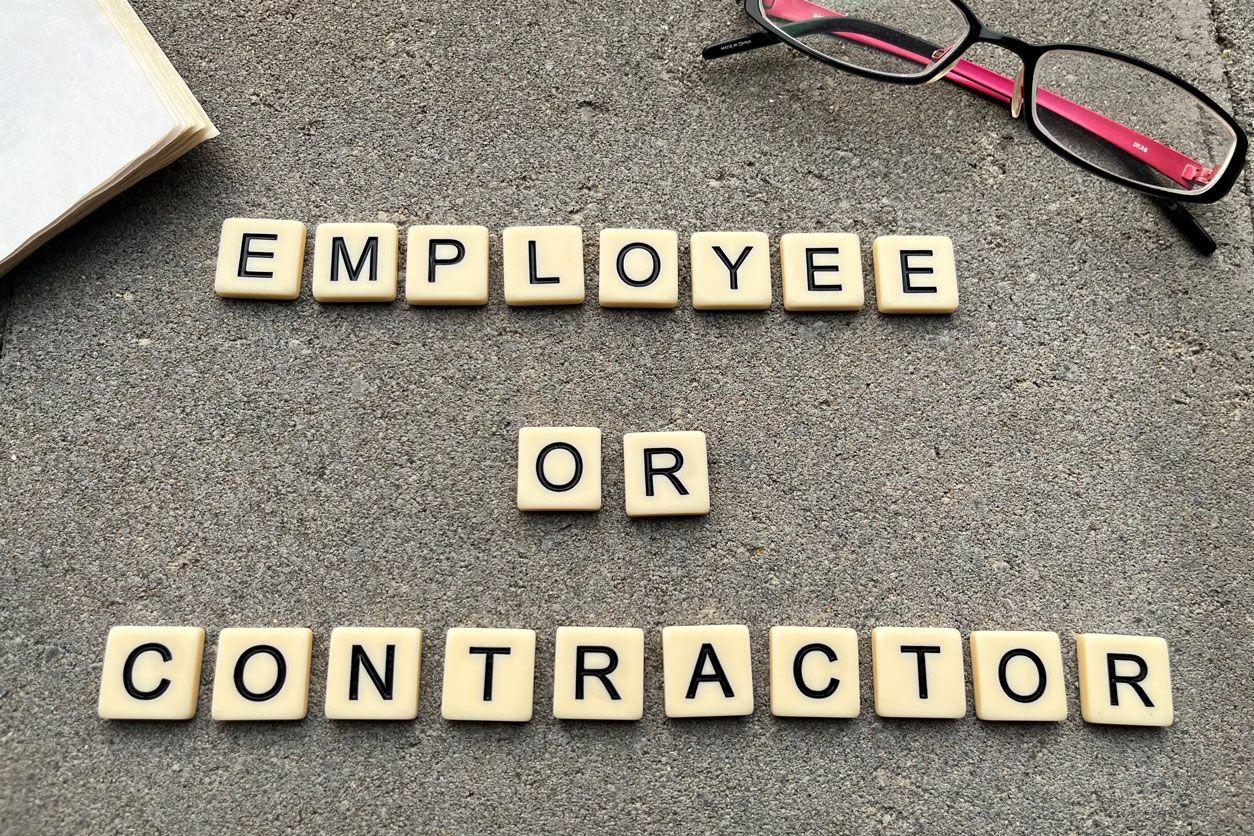Warning Signs You’re About to Be Fired from Your Job—And What to Do Next as a California Employee

How Can California Employees Recognize the Warning Signs That They Might Be Fired?
Losing your job can be stressful and uncertain, but California employees who know the warning signs may have an opportunity to take proactive steps. Changes like sudden reductions in responsibilities, being excluded from meetings, or a shift in management’s tone can all signal potential job risks. While these indicators don’t always mean termination is imminent, California workers who recognize them early can better prepare for what’s ahead, whether that involves improving performance, documenting workplace issues, or understanding their legal rights under state labor laws.
For California employees, staying informed about workplace policies and employment rights is essential when facing potential job loss. By understanding these warning signs, you can act strategically, protect your career, and navigate the situation with confidence. In this blog, we’ll outline common red flags that your job may be at risk and provide practical guidance on what California workers can do next.
Signs You Might Be About to Get Fired from Your Job
- Negative Performance Reviews: Are you receiving harsh feedback, being labeled as underperforming, or placed on a Performance Improvement Plan (PIP)? Employers sometimes use this process to justify termination.
- Performance Improvement Plan (PIP): If placed on a PIP, assess whether it is clear and supportive or ambiguous and unrealistic. A vague, short, and unassisted PIP could mean you’re being set up for failure.
- Micromanagement: Increased scrutiny and excessive monitoring may indicate that your employer is trying to force you out.
- Isolation: Have you been excluded from meetings or projects? Sudden isolation from your team can be a warning sign.
- Changes in Responsibilities: A drastic shift in your workload—whether an overload or a significant reduction—may signal an impending termination.
- Reduced Communication: If your boss or colleagues have started avoiding you, it could mean they are distancing themselves in preparation for your termination.
- Loss of Financial Benefits: A lack of raises, bonuses, or other financial incentives may indicate trouble ahead.
- Company Leadership Changes: Significant shifts in management may bring terminations as new leadership makes structural changes.
- Resignation Pressure: If you’re being encouraged to resign, it’s often a strategy to avoid severance pay and limit legal risks for the company.
- Last-Minute HR Meetings: A sudden, unscheduled meeting with HR could be a sign that your termination is imminent.
What to Do If You Are Fired from Your Job in California
If you’re facing termination in California, it’s critical to understand your legal rights. Consulting with a employment attorney can help determine if your firing was lawful and what legal options you may have.
Key Steps to Take:
- Keep a Paper Trail: Retain copies of performance reviews, emails, HR communications, and any complaints you’ve filed. Documentation can be crucial if you pursue legal action.
- Request a Reason for Termination: While California is an at-will employment state, asking for a reason may provide valuable insight for potential legal claims.
- Know Your Rights: Learn about California employee rights, particularly regarding workplace retaliation, discrimination, and wrongful termination.
- Consult an Employment Attorney: An experienced employment lawyer can evaluate your case and guide you through the legal process.
- File a Complaint if Necessary: If you believe your termination was due to workplace discrimination or retaliation in the workplace, you may file a complaint with the California Civil Rights Department (CRD) or the Equal Employment Opportunity Commission (EEOC).
- Apply for Unemployment Benefits: Determine your eligibility for benefits following termination.
- Negotiate a Severance Package: If offered severance, have it reviewed by an employment attorney to ensure fairness before signing.
Losing your job can be overwhelming, but knowing your rights and taking the right steps can help you regain control of your future. If you believe you were wrongfully terminated , don’t hesitate to seek help from an attorney . At Lawyers for Employee and Consumer Rights (LFECR), our experienced employment attorneys are dedicated to protecting California employees from unfair treatment. Contact us today for a consultation.
Frequently Asked Questions
1. What are the common warning signs that a California employee might be fired?
Signs can include negative performance reviews, placement on a vague or unsupported Performance Improvement Plan (PIP), sudden isolation from meetings, micromanagement, changes in responsibilities, reduced communication, or loss of financial benefits. Recognizing these early can help you prepare.
2. Does being on a Performance Improvement Plan (PIP) always mean termination is coming?
Not always. In California, a PIP can be a genuine tool to help employees improve performance. However, vague, unrealistic, or unassisted PIPs may be a warning sign that termination is being considered.
3. What steps should California workers take if they suspect they’re about to be fired?
Keep a detailed paper trail of emails, performance reviews, and HR communications. Understand your rights under California employment laws, and consider consulting an employment attorney for guidance on potential legal protections.
4. Can I request a reason for my termination?
Yes. While California is an at-will employment state, asking for a reason can provide insight into the employer’s decision and may help you evaluate whether wrongful termination or discrimination claims apply.
5. What legal protections exist for California employees facing termination?
California employees are protected against wrongful termination, discrimination, and retaliation. If your firing violates these rights, you may file a complaint with the California Civil Rights Department (CRD) or the EEOC and pursue legal action.
6. Am I eligible for unemployment benefits if I’m fired in California?
In many cases, yes. California employees who lose their jobs through no fault of their own may qualify for unemployment benefits. Eligibility depends on factors like reason for termination and prior earnings.
7. Should I have a severance package reviewed by an attorney?
Absolutely. In California, an employment attorney can help ensure that a severance offer is fair, explain your rights before signing, and identify any clauses that could limit your legal options or future employment opportunities.
Share on Social Media





